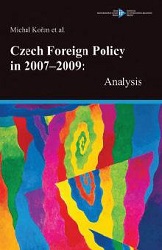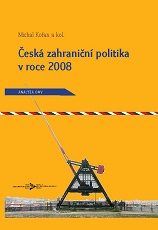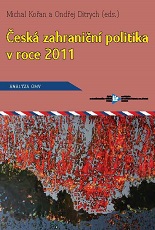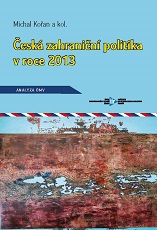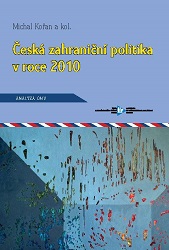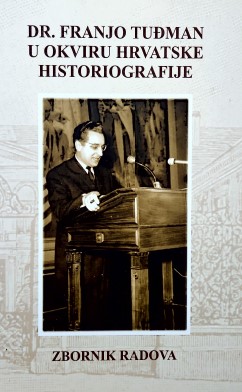
DR. FRANJO TUĐMAN O USTROJSTVU I DJELOVANJU REPRESIVNOG SUSTAVA REŽIMA MONARHISTIČKE JUGOSLAVIJE NA PODRUČJU HRVATSKE (1918.-1941.)
As a historian, Franjo Tuđman arrived to important conclusions about the relations between Croats and Serbs and the internal and external causes of the situation and the crisis in the country that was ultimately going to cause its breakdown in his research of the Kingdom of Serbs, Croats and Slovenes/ Yugoslavia in the period between 1918 and 1941, and in his research of Croatia’s position therein. Analyzing archive sources and other materials, along with relevant literature, Tuđman looked into the organization and the actions of the repressive system of monarchist Yugoslavia’s regime in Croatian territory and their dealings with the Croatian people. He recognized the basic elements of Serbian hegemony in the Kingdom of Serbs, Croats and Slovenes/ Yugoslavia, the Vidovdan centralist regime and the struggle to preserve it at all costs, proving that it would all have been impossible without the principal exponents – the king, the army, the gendarmerie, the police, the state administration, the judiciary, the government, and the political parties. Tuđman proved how King Alexander Karađorđević, supported by his loyal army and gendarmerie, established himself as the top authority in the country since the very beginning in 1918, and how Serbian political and ruling elite gathered around his court and him personally. The constitution gave him authority over the parliament, which he made full use of in the practice, and the parliament held a subordinate role for the entire time. This role of the king and his courtiers would remain unchanged until the end of monarchist Yugoslavia. The army with the king at its helm was, in Tuđman’s opinion, the second most important factor. From the very beginning the army had been built as the principal instrument of Great-Serbian hegemonist and counter-national politics and of Serbian hegemony, fully living up to the role in reality, preserving the monarchy and its centralist and hegemonist system, and serving as an active factor of the state politics until its breakdown in 1941. The army was a tool in the hands of the court that was used as counterweight to parliamentalism and the strivings of political parties to run state politics. Considering the significance of the army for the ruling structure, the expenditures for the army remained at a very high level continually, often having a considerable negative impact on the development of the economy in non-Serbian territories.
More...
